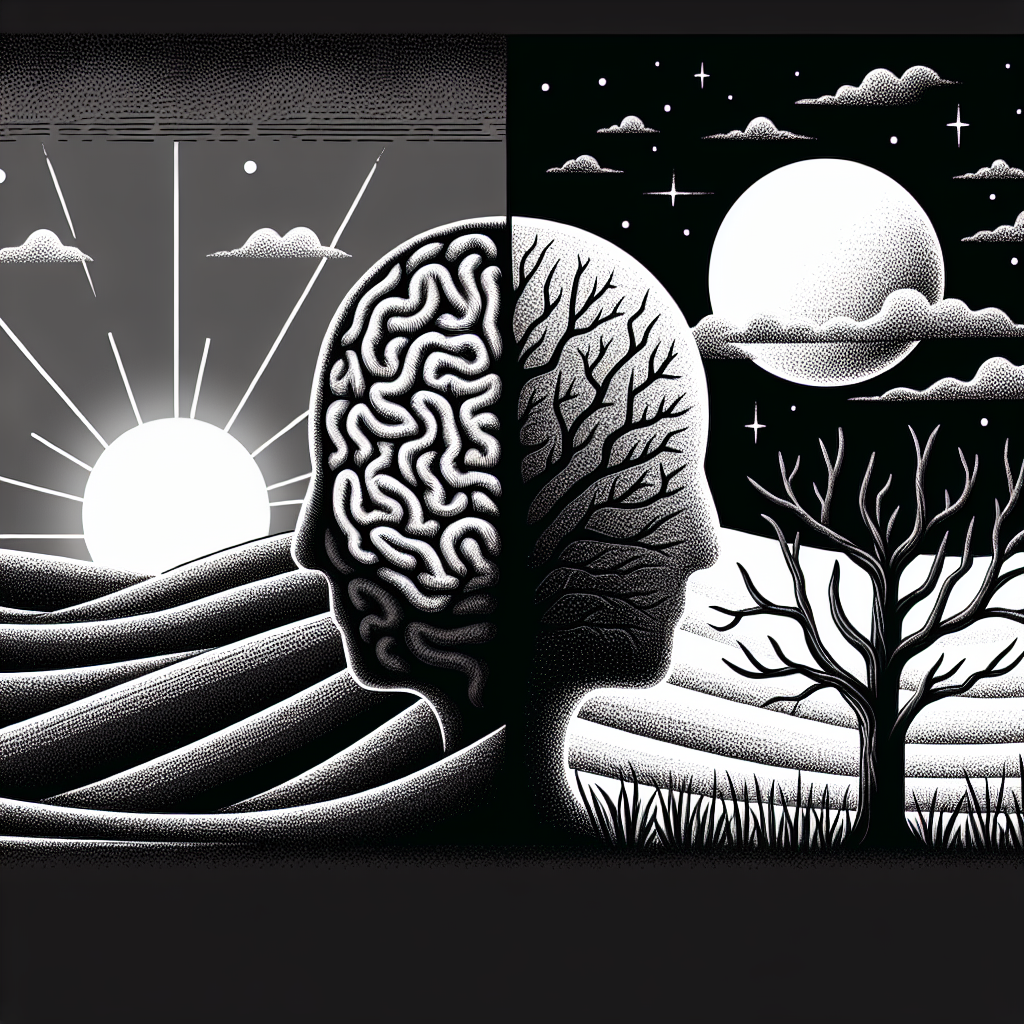As we age, it’s natural for our cognitive function to decline. This can manifest in a variety of ways, such as decreased memory, slower processing speed, and difficulty with multitasking. Understanding the impact of aging on cognitive function is crucial for maintaining mental sharpness and overall well-being.
One of the key factors in cognitive decline with aging is the gradual loss of brain cells and connections between them. This can lead to a decrease in overall brain volume, particularly in areas responsible for memory and executive function. Additionally, changes in neurotransmitter levels and blood flow to the brain can also contribute to cognitive decline.
It’s important to note that not all cognitive decline is inevitable with age. Factors such as genetics, lifestyle choices, and overall health can play a significant role in determining the rate of cognitive decline. For example, regular exercise, a healthy diet, and engaging in mentally stimulating activities can help preserve cognitive function as we age.
There are also a number of strategies that can help mitigate the impact of aging on cognitive function. Cognitive training programs, such as brain games and puzzles, have been shown to improve memory, attention, and problem-solving skills in older adults. Additionally, staying socially active and maintaining a strong support network can help prevent feelings of isolation and depression, which can negatively impact cognitive function.
In some cases, cognitive decline with aging may be a sign of a more serious condition, such as Alzheimer’s disease or other forms of dementia. It’s important to seek medical attention if you or a loved one are experiencing significant changes in cognitive function, such as forgetting important information, getting lost in familiar places, or having difficulty with everyday tasks.
Overall, understanding the impact of aging on cognitive function is essential for maintaining mental sharpness and overall well-being as we age. By staying active, engaged, and seeking medical attention when needed, we can help preserve our cognitive function and live a fulfilling and meaningful life as we grow older.


Leave a Reply